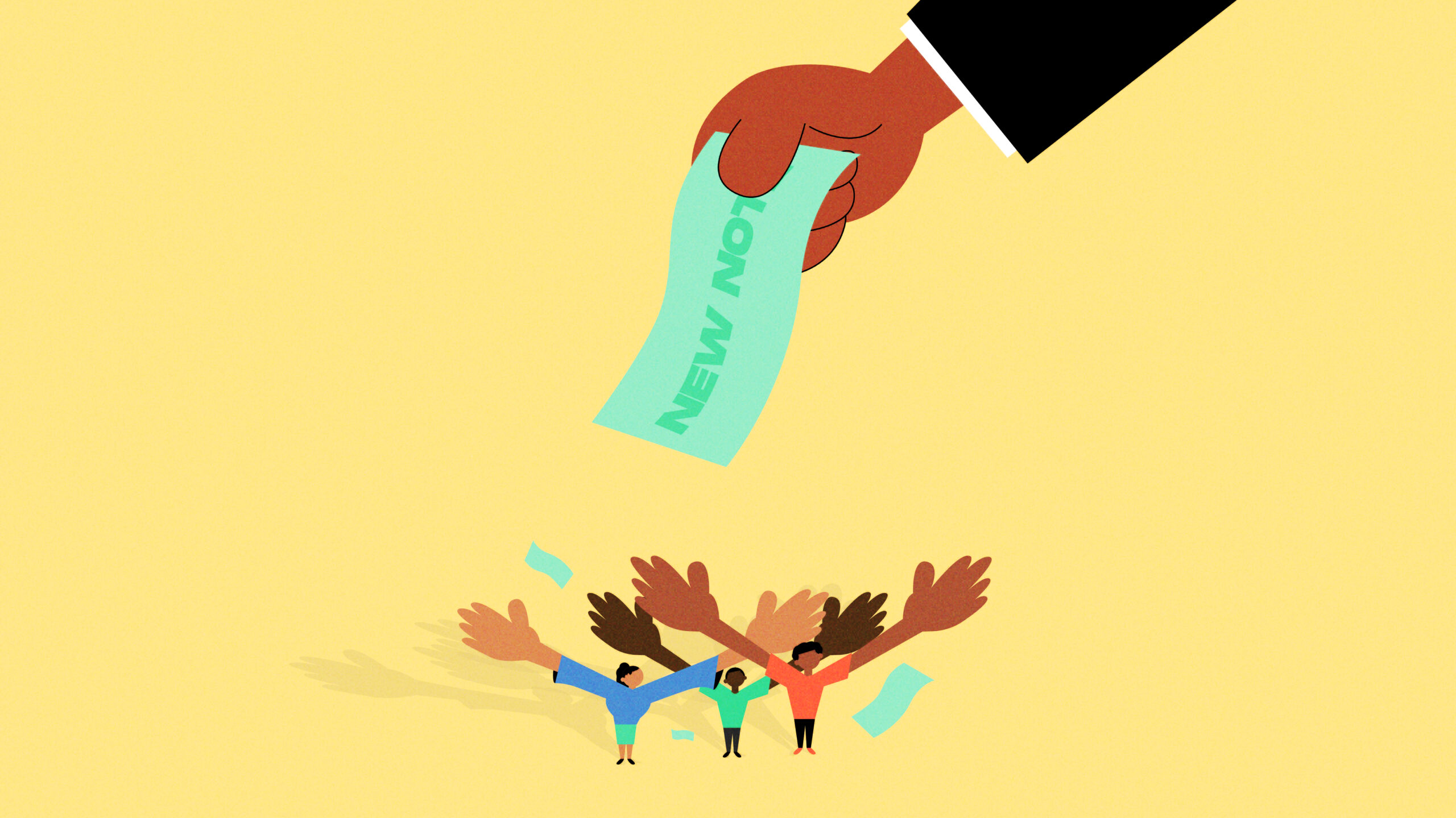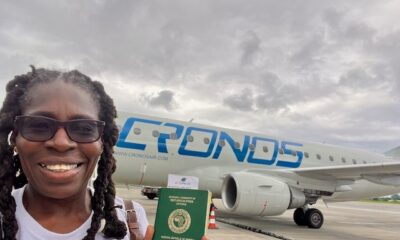Features
“Mummy, Are We Now Poor?”
Perhaps we are not. But how do we explain that in our country, we have money but cannot spend it?

A social media user shared how she couldn’t afford to buy her daughter her favourite sweets from a store close by. Her daughter is usually able to get some money from her but that day, she had to explain that she didn’t have money. With eyes wide with innocence and fear, her little girl asked, “mummy, are we now poor?”
My cousin asked a similar question some time ago. I was at my family’s house and was about to go somewhere. I needed 200 Naira but none of us had it. I went to my neighbour who has a little provision store; surely she would have. She laughed and showed me her money box – there was only 70 Naira there. I went home, dropped my bags and sat down. My cousin knew about the shortage of cash, after all, giving him money to school daily had become a struggle. He had watched his money being slashed by half for days until he eventually got nothing and was asked to take more food to school instead. But the gravity of the situation seemed to dawn on him that day. He had just watched me question if the event was important enough for me to go through the stress of looking for cash and watched me drop my bag in resignation. He turned and asked my mum soberly, “But when are we going to have money?”
It is a question I asked myself some days ago when I walked past my customer who sells vegetables. Since I committed to more healthy food choices, I’d been patronising him weekly. In the past few weeks, I’ve not been able to do so. When he said, “ahan customer, you no wan buy from me again?” I shook my head and said, “ba kudi.”
The scarcity of Naira notes is affecting him terribly. He has no bank account and cannot accept transfers, but the majority of his customers have no cash.
_
In 2021, after a report by the National Bureau of Statistics (NBS) stated that the unemployment rate in Nigeria had increased to 33.5 percent, we wrote about how unemployment is a result of multiple sector failures, one of which is government policies. From border closures to the ban of okada, the ban of cryptocurrency, many policies made by the government have led to the increase of poverty in the country. For instance, after the okada ban in Lagos, at least 800 drivers were left without any source of income, an estimated ₦42 billion was lost, and traffic congestion got worse – costing people time and money. The border closure also contributed to the rise in food inflation; it was the time a bag of rice shot up to as high as 45,000 Naira, 50% above the current minimum wage.
Policies are very important; they make the difference between the standard of living of citizens dropping drastically and citizens flourishing. In Nigeria, you cannot separate poor economic policies from the continuous rise in poverty. That is why it is important for the government to put many factors into consideration before making any decision.
The redesign of Naira notes may have been the perfect way to curb vote-buying or may have come at the right time, but its aftermath still stings – hard! And one cannot help but ask if the austerity and pandemonium it has left in its wake is truly worth it.
First, people scramble to let go of their old notes, then they are forced to buy the new notes, and then the old notes they struggled to submit to the bank became permissible, and now, there’s a shortage of both the old and the new notes.
Cashless policy or not, this scarcity has ripple effects on the unbanked and the banked communities. My customer is experiencing low sales because people don’t have enough cash to pay him, shop owners who accept transfers are still finding it tough, and customers who are making these transfers have their own share of challenges. Jane is complaining that sellers are not just making her add an extra 100 naira to every transfer she makes, but they are also insisting she waits for them to receive alerts – a waste of her time, energy and money. Madam Pat used to have a book where she writes the names and phone numbers of her buyers after they make transfers, but sometimes the money gets reversed and some mischievous customers don’t pick up her calls any longer. When she started running at a loss, she insisted every buyer must wait until she gets an alert. Jane has since restricted her shopping to need-to-have; if it is not extremely important, she won’t go through the stress of shopping. Madam Pat keeps recording low sales since she made her decision. There is no win-win.
Nigerian SMEs are heavily reliant on cash (notes exchanging hands) and this scarcity has increased the cost of living and plunged people deeper into poverty. Nigerians are further plagued with the uncertainty of what the future holds in this regard and it is difficult to make important decisions when your life can be upturned by one single policy.
Are we now poor? Perhaps we are not. But how do we explain to kids that in our country, we have money but cannot spend it as we wish to?



















